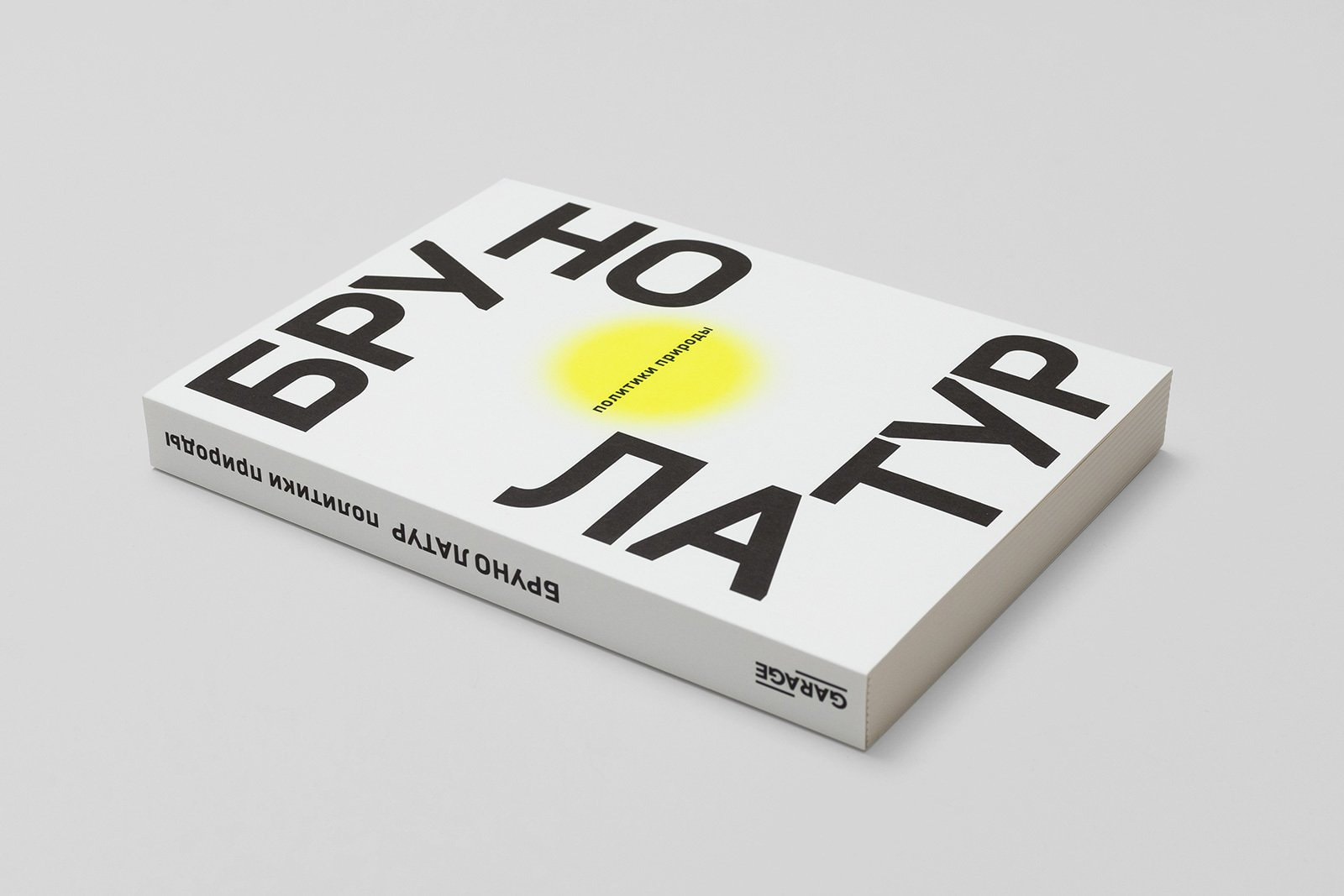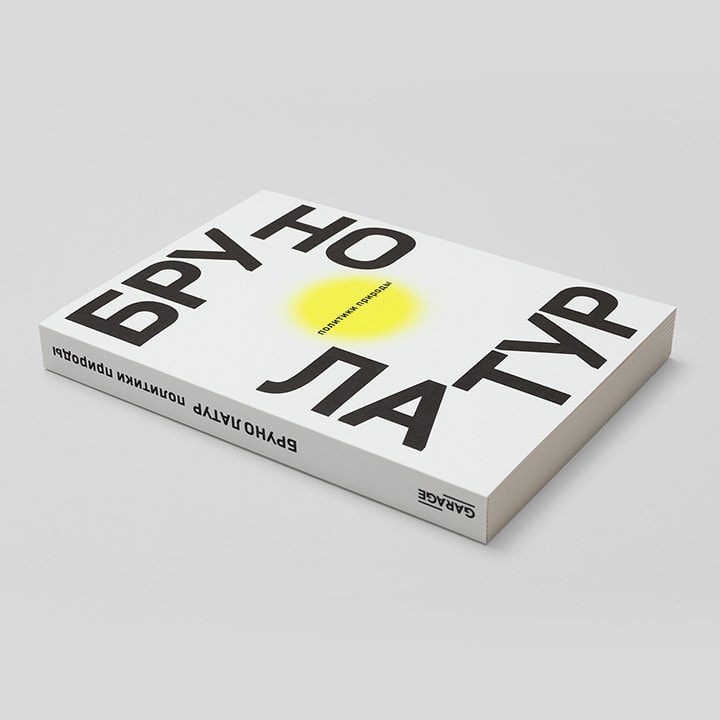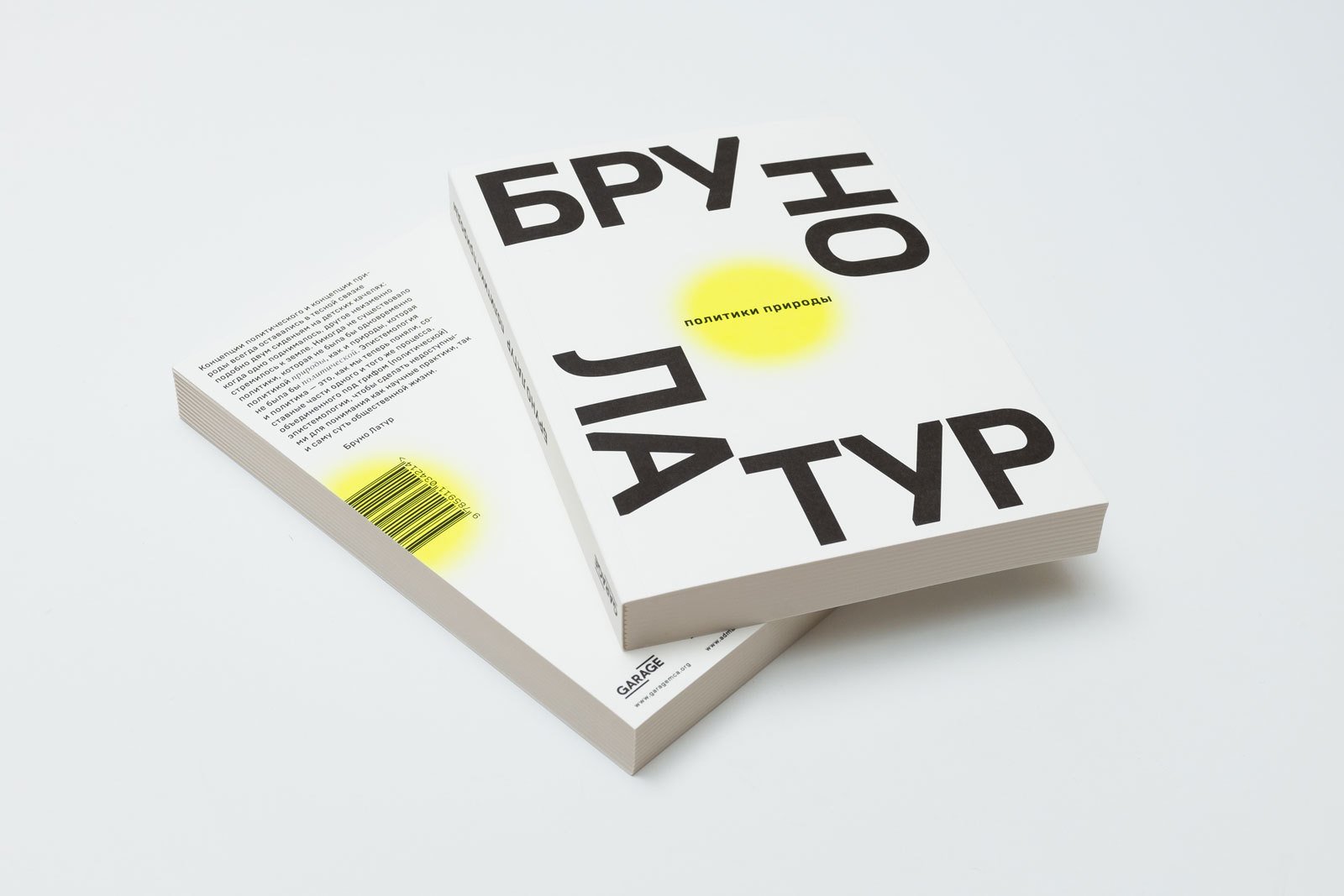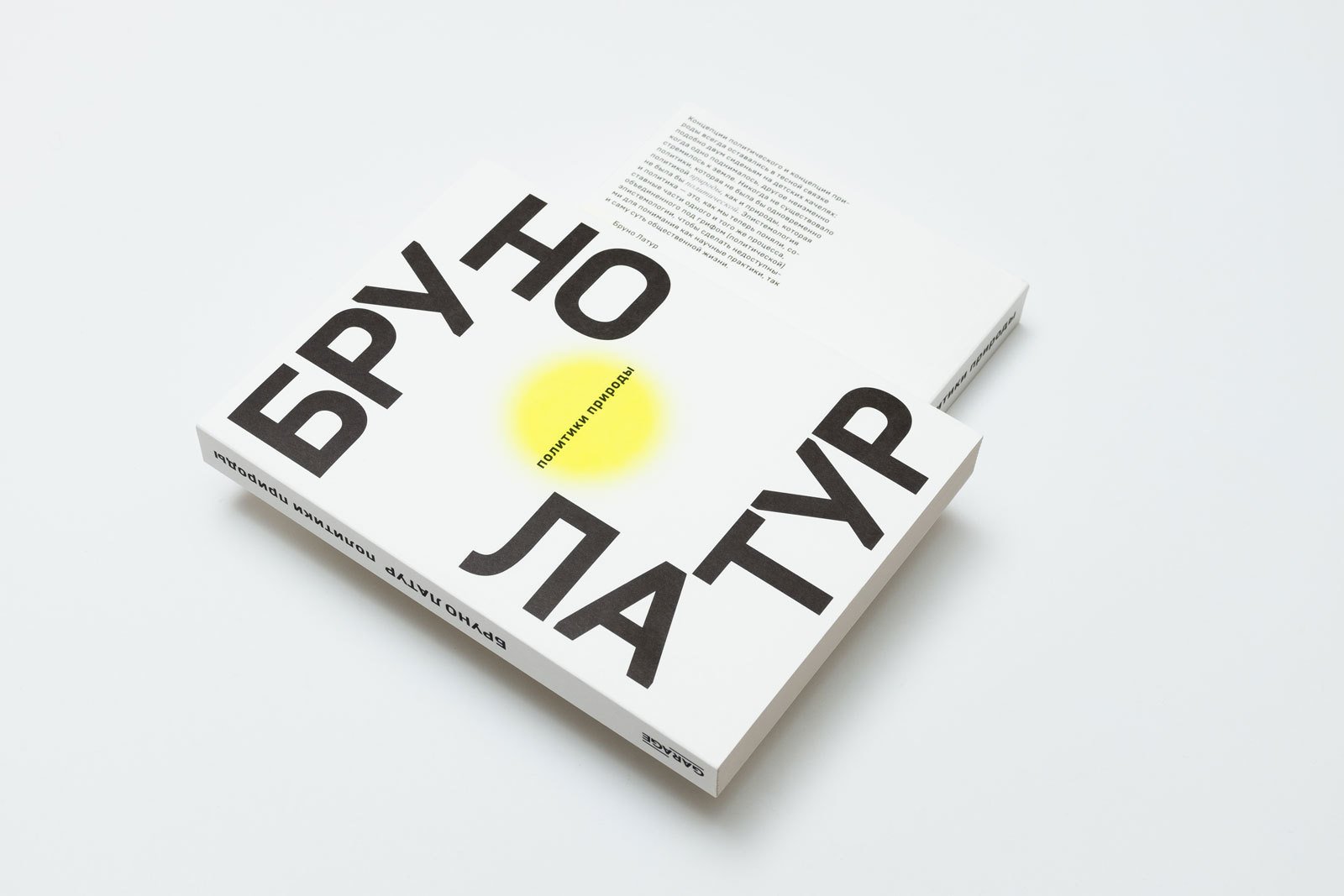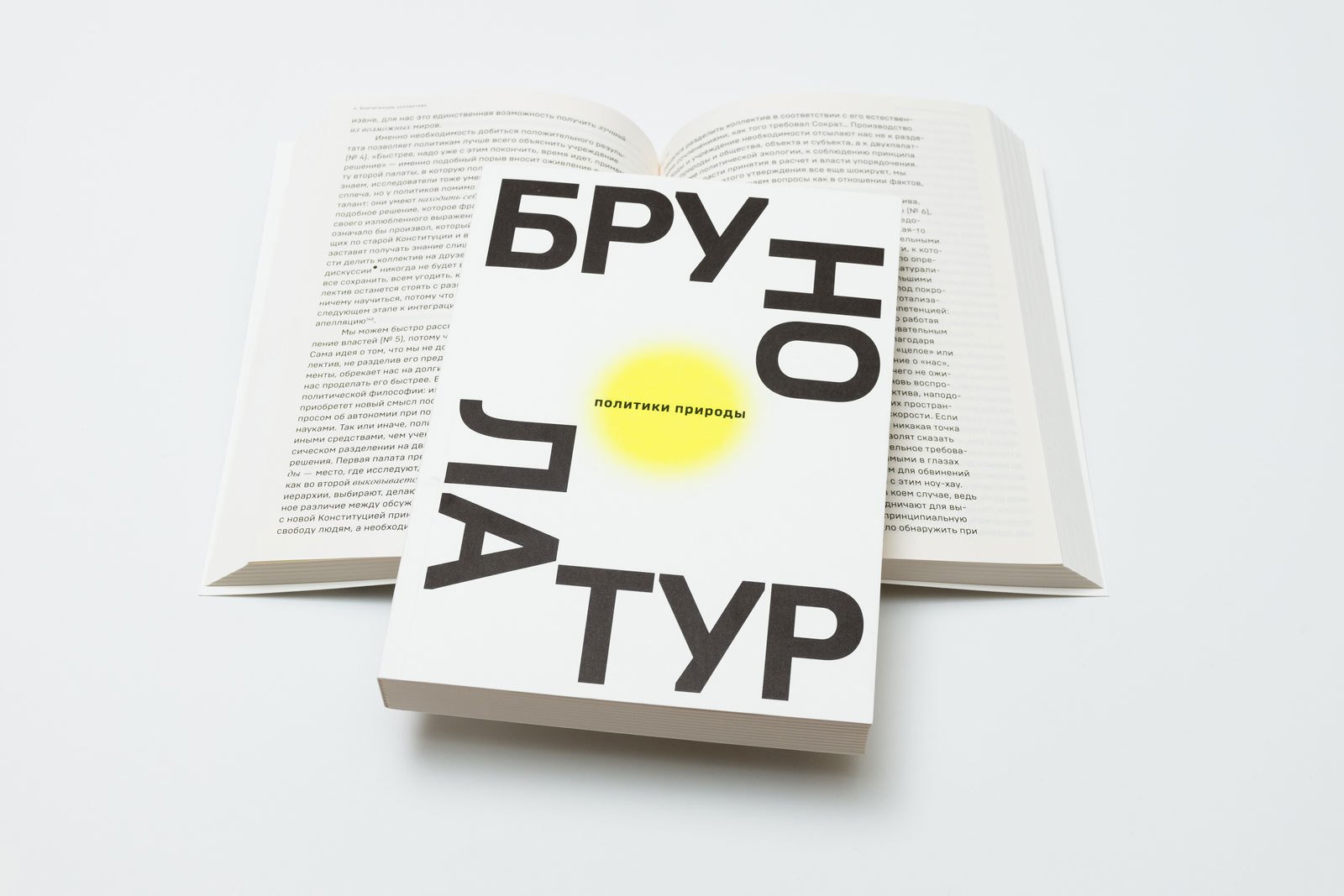Bruno Latour‘s Politics of Nature offers an original project of experimental metaphysics.
Latour’s aim is to develop a new political ecology that would be able to bridge the gap between scientific practices and democracy. According to the French philosopher, this project requires a rethinking of three fundamental concepts in Western philosophy: logos, phusis, and polis. Drawing on ideas from the sociology of sciences, comparative anthropology, and political philosophy, and departing from a radically new understanding of ecology, Latour offers a program for the making of a "common world," where non-human actors are equal to humans.
At the centre of the discussion is the concept of political ecology—a recent idea that has given rise to environmentalist movements in politics. Looking at the roots of the current stalemate in political ecology, Bruno Latour reveals contradictions in its theoretical foundations, which have led to confusion in the discipline’s understanding of itself and of its motivation. In reality, argues Latour, political ecology cannot care for the environment for several reasons.
The first reason has to do with the nature of politics: politics cannot care for nature, as it was created to defend the rights of the human and sees the human as its subject. When it tries to care for nature, it ascribes to it the qualities and rights of a human, which is absurd. The second reason lies in our limited scientific understanding of nature, whereas political ecology is based on the belief in humanity’s ability to see and understand nature as it is. This is why all current debates about global environmental crises are subjective, focused on details and have no real foundation. The true purpose of political ecology is to reveal the gaps between clearly defined scientific concepts and unpredictable, hard-to-define natural phenomena, and explore the relations between them in their complexity.
